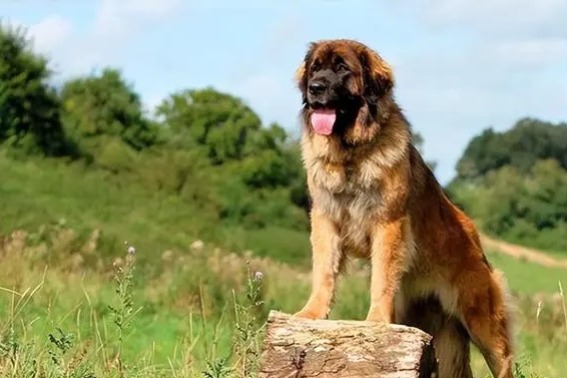China's Supreme Court announced on Monday that it is formulating judicial interpretations on how to handle cases where people are harmed by dangerous animals, to help judges resolve related cases more efficiently.
“We make this interpretation because the number and types of dogs kept in our country have continued to increase in recent years, and disputes regarding injuries caused by dogs, particularly those caused by aggressive dogs, have become more frequent. “We decided to do so,” Chen Yifang said. The presiding judge of the First Civil Arbitration Court of the Supreme People's Court spoke at a press conference.
In August 2019, a 7-year-old child named Shue was scratched in the face by an Alaskan malamute he was playing with in a residential area. Xu's family later sued the dog's owner, Liu, after failing to reach an agreement on compensation.
The district court ultimately ruled in favor of Xu's family. The city ordered Liu to pay more than 30,000 yuan ($4,168) in compensation because the local dog control ordinance classifies the Alaskan Malamute as a large, aggressive dog that is prohibited from being kept in the city. Ta.
On the other hand, the Civil Code, which is the country's basic law regulating civic activities, stipulates that if a dangerous animal such as a ferocious dog that is not allowed as a pet causes harm to others, the owner or breeder will be held responsible. There is.
Chen said the court's ruling shows that if a prohibited dangerous animal causes harm to a person, the owner must be held responsible, regardless of whether the victim is at fault. said.
However, Chen acknowledged that there is still debate in some areas about whether liability can be reduced or waived if the victim is at fault.
“In order to standardize the standards for handling such cases, it is essential that judicial interpretation further clarify the issue,” she said.
On Monday, the Supreme Court also made public several concluded cases, banning people under 18 from taking their dogs out alone and requiring residents to keep their dogs on leashes when walking them. I insisted again.


